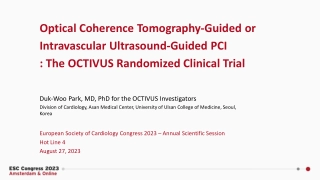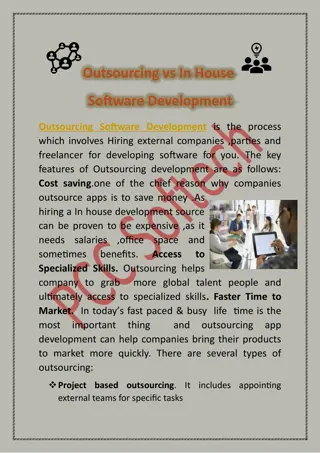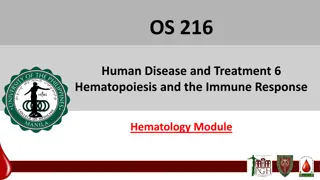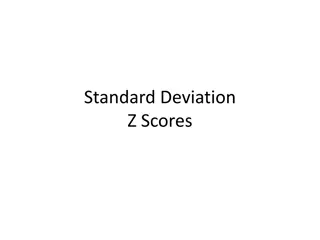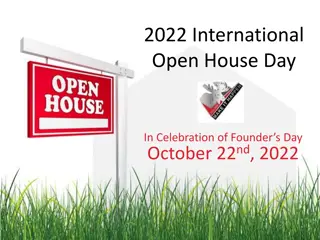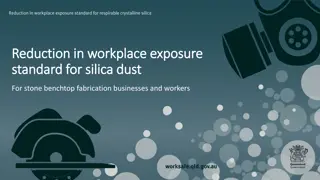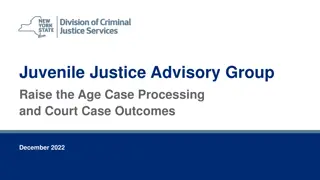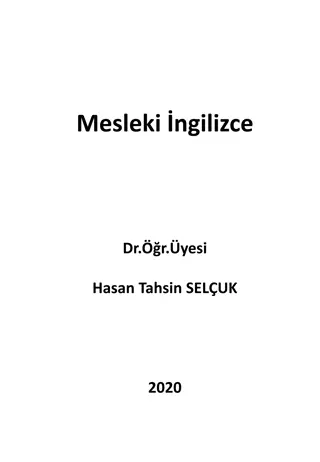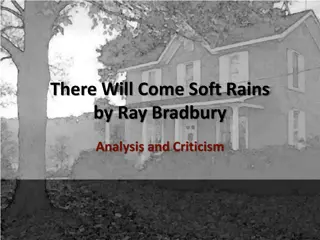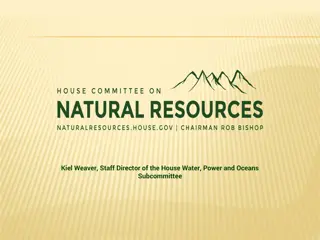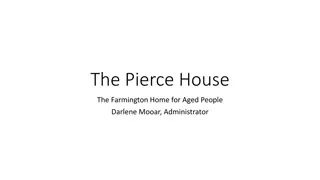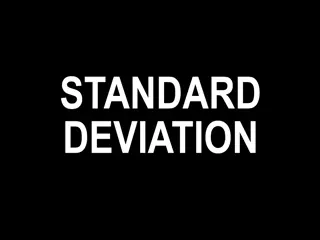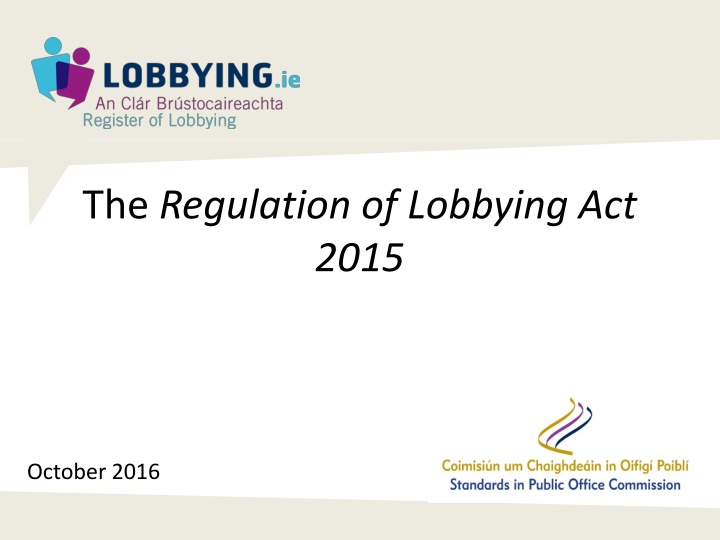
Lobbying Regulations: A Comprehensive Overview
Dive into the detailed explanations of the Regulation of Lobbying Act 2015 and its impact on public office standards, the role of the Standards in Public Office Commission, and the key aspects of lobbying, including who is covered, designated public officials, and relevant matters.
Download Presentation

Please find below an Image/Link to download the presentation.
The content on the website is provided AS IS for your information and personal use only. It may not be sold, licensed, or shared on other websites without obtaining consent from the author. If you encounter any issues during the download, it is possible that the publisher has removed the file from their server.
You are allowed to download the files provided on this website for personal or commercial use, subject to the condition that they are used lawfully. All files are the property of their respective owners.
The content on the website is provided AS IS for your information and personal use only. It may not be sold, licensed, or shared on other websites without obtaining consent from the author.
E N D
Presentation Transcript
The Regulation of Lobbying Act 2015 October 2016
Purpose of presentation Overview of Regulation of Lobbying Act 2015 Standards in Public Office Commission s role Next steps Questions 2
Regulation of Lobbying: Overview of Act Independent lobbying registrar Standards Commission Registration of lobbyists (wide ranging scope) Regular submission of returns (3 x/year) Web-based public registry (lobbyist, lobbied, subject, intended result) Post-employment restrictions for some public officials Investigation and enforcement provisions (compliance focus) Legislative review mechanism 3
What is lobbying? The Three-Step Test Communication must meet the three step test to be considered lobbying - communication by: 1. Persons within the scope of the Act 2. With Designated Public Officials 3. On relevant matters Act makes no distinction regarding method, venue or formality of communication Mail, telephone, in-person, electronic, social media Office, social setting, casual encounter, other 4
Who is within the scope of the Act? Persons with more than 10 employees Representative bodies and advocacy bodies with at least 1 employee Third party lobbyists paid by a client (who fits one of the above criteria) to lobby on the client s behalf Anyone lobbying about the development or zoning of land Only if the communications are with Designated Public Officials and relate to relevant matters
Who are the Designated Public Officials? Ministers, Ministers of State Members of D il ireann, Seanad ireann Members of the European Parliament for Irish constituencies Members of Local Authorities Special Advisors Senior Civil and Public Servants Civil service: Secretaries General, Assistant Secretaries, Director grades and equivalent Local authorities: CEs , Directors of Service, Heads of Finance, Head of HR (Dublin City Council) Minister may expand group in future
What are relevant matters? The initiation, development or modification of any public policy or of any public programme; The preparation of an enactment; or The award of any grant, loan or other financial support, contract or other agreement, or of any licence or other authorisation involving public funds Apart from matters relating only to the implementation of any such policy, programme, enactment or award or of a technical nature
Exemptions (s.5(5)) Several types of communications are exempt from requirement to register: Private affairs Principal private residence Diplomatic context Between public officials Strictly factual information Trade union negotiations Threat to life or safety Security of the State Shareholder of State body Within proceedings of Oireachtas Committee Information requested and published by public body Groups established by Public Body where Transparency Code applies
Registration requirements Register after first communication with DPO Include in registration: Organisation Name Business address and contact details Main business activities Identify person with primary responsibility for lobbying Company Registration Office Number or Charitable Registration Number 9
Return requirements 3 Returns periods per year with assigned deadlines 1 September 31 December: returns due 21 January 1 January 30 April: returns due 21 May 1 May 31 August: returns due 21 September Include in return: Who was lobbied Subject matter of lobbying activity and intended results Type and extent of activity Name of any person in your organisation who is or was a designated official and carried out lobbying activity Client information (if relevant) 10
Standards in Public Office Commission: Role Provide guidance, promote understanding (s.17) Power to investigate (s.19) Fixed Payment Notices (low level fines) for minor breaches (s.21) Offences provisions for significant breaches (s.20) Annual reports to Oireachtas Registrar of Lobbying (s.9) Develop/oversee web-based public register (s.10) Matters for decision (may be appealed): Information on register (ss.10(5)) Delayed publication (s.14) Post-employment (s.22) Code of Conduct (s.16) 11
Implementation: Key dates 11 March 2015: Act signed into law 30 April 2015: Register and website launched Summer/fall 2015: Outreach campaign, info tools published 1 September 2015: Commencement of Act (except Part 4) 21 January 2016: Deadline for first returns First relevant reporting period: 1 September 31 December 2015 28 June 2016: First annual report under Act released 1 January 2017: Part 4 (Enforcement) provisions scheduled to commence 12
Highlights of Commission activities to date Pre-commencement activities Website & online registration system successfully launched Extensive communications and outreach campaign (registrants, DPOs) Development of numerous information tools, targeted guidance Act commenced 1 September 2015 Commenced operations (queries, registrations, returns) Three returns periods Continued outreach and education First annual report released 28 June 2016 Statutory reports on operational activities Discussion of pre-commencement activities Operations since commencement and early results 13
Early results Results at first deadline (21 January) 1,100+ registrants 2,500+returns Current figures 1,480 registrants 7330+ returns Broad sectoral representation among registrants Positive feedback from registrants Lobbying continues Concerns of chill effect not generally borne out 14
Lessons learned Knowledge is key to compliance Outreach and education must continue Dynamic website content & information tools Targeted outreach to sectoral groups, DPOs as needed Need to encourage greater understanding of obligations amongst registrants/potential registrants How and when to register Who falls within scope of Act What counts as lobbying (relevant matter) Meaningful returns Ongoing reporting requirements (nil returns) Ceasing lobbying 15
Looking ahead 1) Legislative review Led by Department of Public Expenditure & Reform Launched 31 August 2016, submissions closed 30 September Statutory requirement to consult (Commission, stakeholders, Oireachtas) 2) Commencement of enforcement provisions Scheduled to commence 1 January 2017 Power to investigate, prosecute contraventions Power to levy fixed payment notices for late returns First deadline post-commencement will be 21 January 3) Ongoing operations Education and outreach, administer Act 16
Thank you Visit our website: www.LOBBYING.ie

